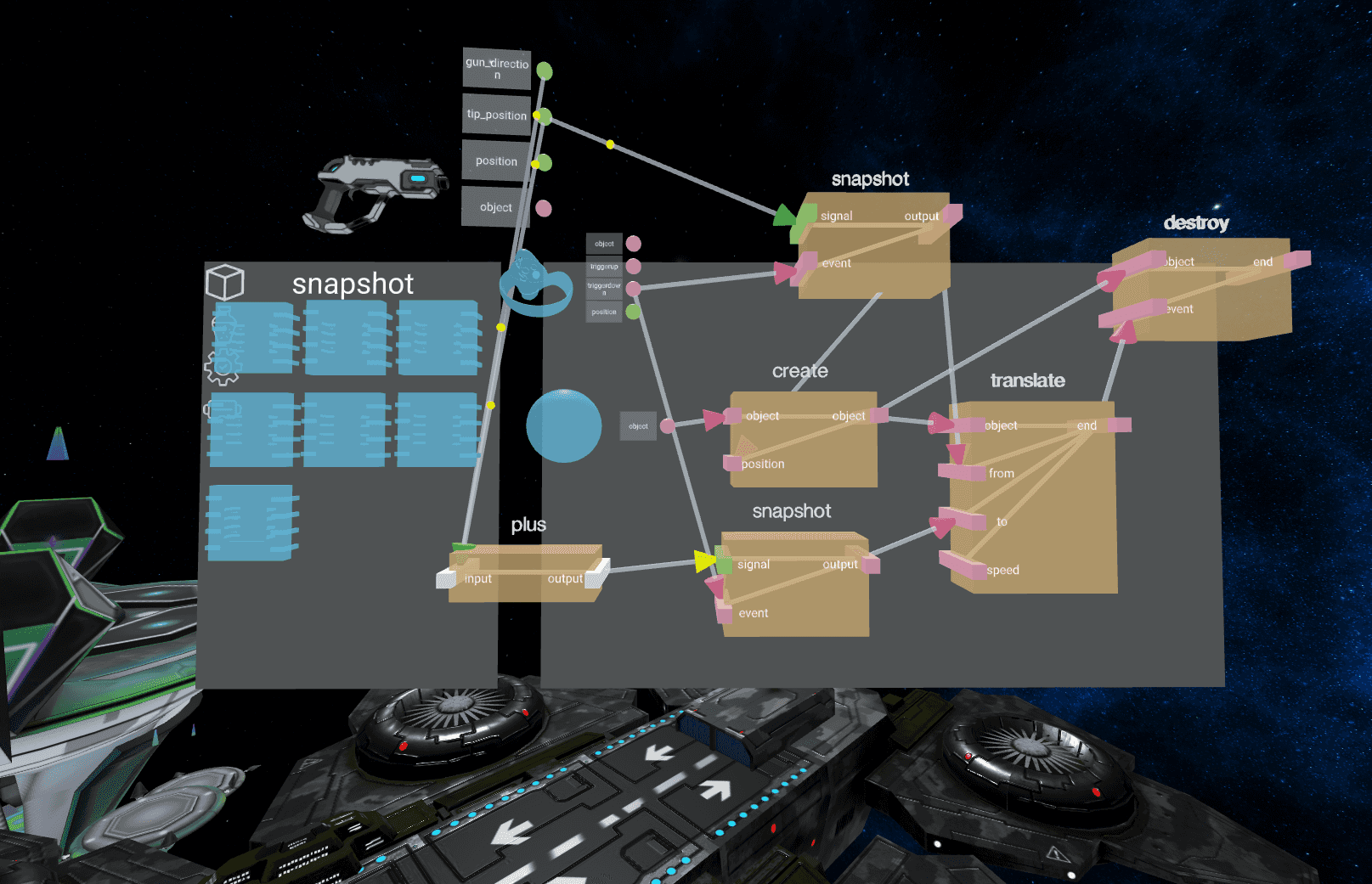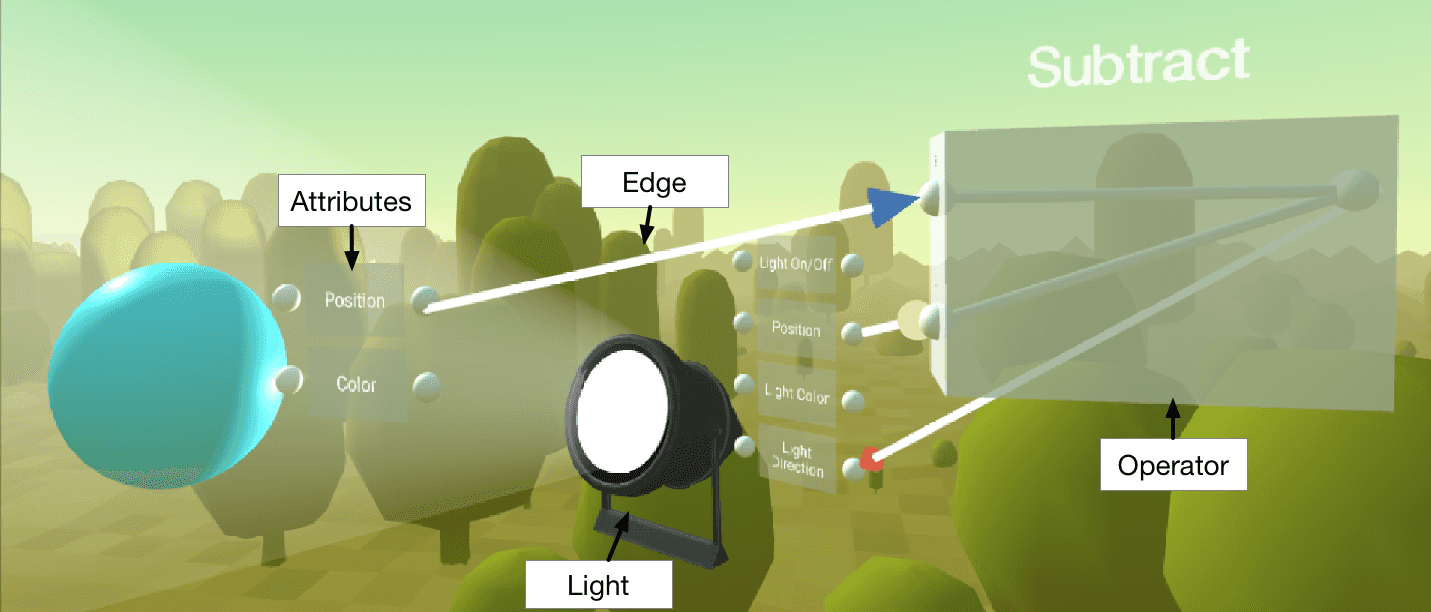About
Lei Zhang is a tenure-track assistant professor in the Department of Informatics at New Jersey Institute of Technology (NJIT), starting Spring 2025. He was recently a Postdoctoral Scholar in the Computer Science Department at Princeton University, working with Professor Andrés Monroy-Hernández. He completed his Ph.D. at the University of Michigan, where he was advised by professors Steve Oney and Anhong Guo. His research lies in the area of Human-Computer Interaction (HCI), with a primary focus on designing and building creativity support tools for Augmented Reality (AR) and Virtual Reality (VR). His work seeks to leverage emerging technologies such as AR/VR and machine intelligence to create compelling user experiences.
Lei’s work has been published at top-tier HCI venues including CHI, UIST, and CSCW. His first-authored papers have received a best paper award at CSCW 2022 and a best short paper award at VL/HCC 2019. Lei interned at Snap Research twice (Summer 2021 & 2022), working with Dr. Andrés Monroy-Hernández, Dr. Rajan Vaish, and Dr. Fannie Liu. He holds a BE in Software Engineering from Shanghai Jiao Tong University. Outside of work, Lei is passionate about music production, skateboards, and 35mm film photography.
📩 lei.zhang[at]njit.edu
Publications
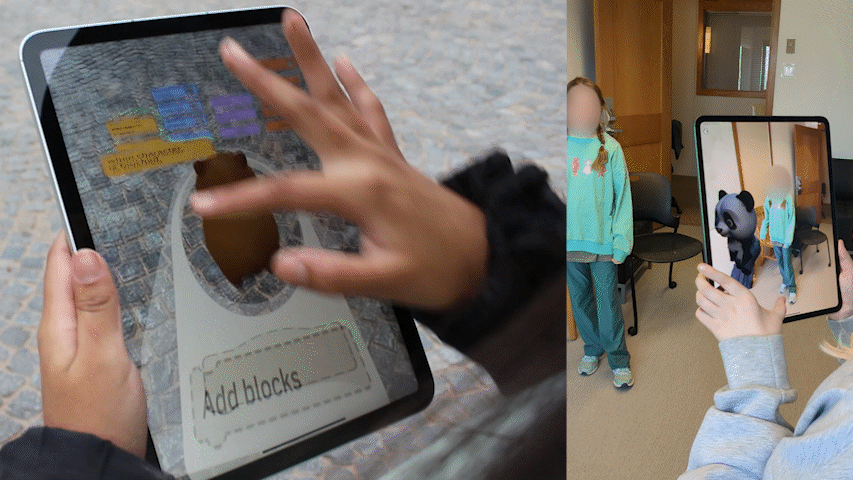
Empowering Children to Create AI-Enabled Augmented Reality Experiences
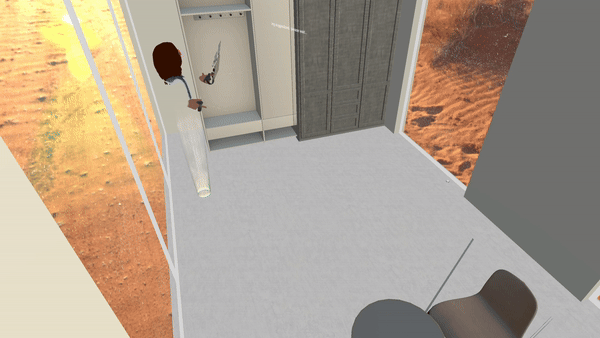
VRCopilot: Authoring 3D Layouts with Generative AI Models in VR
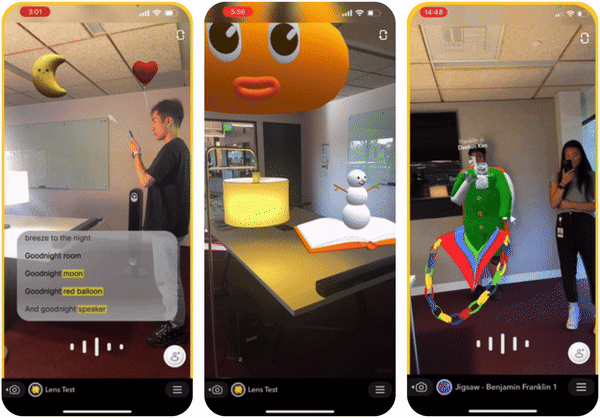
Jigsaw: Authoring Immersive Storytelling Experiences with Augmented Reality and Internet of Things
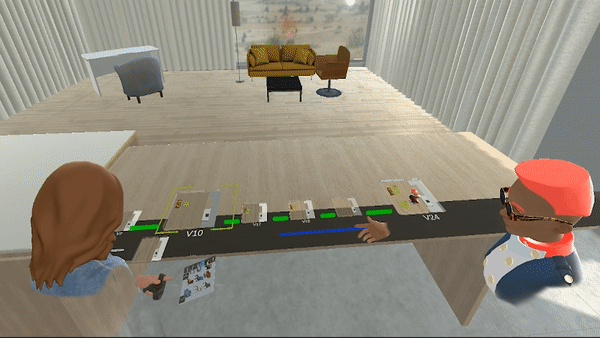
VRGit: A Version Control System for Collaborative Content Creation in Virtual Reality
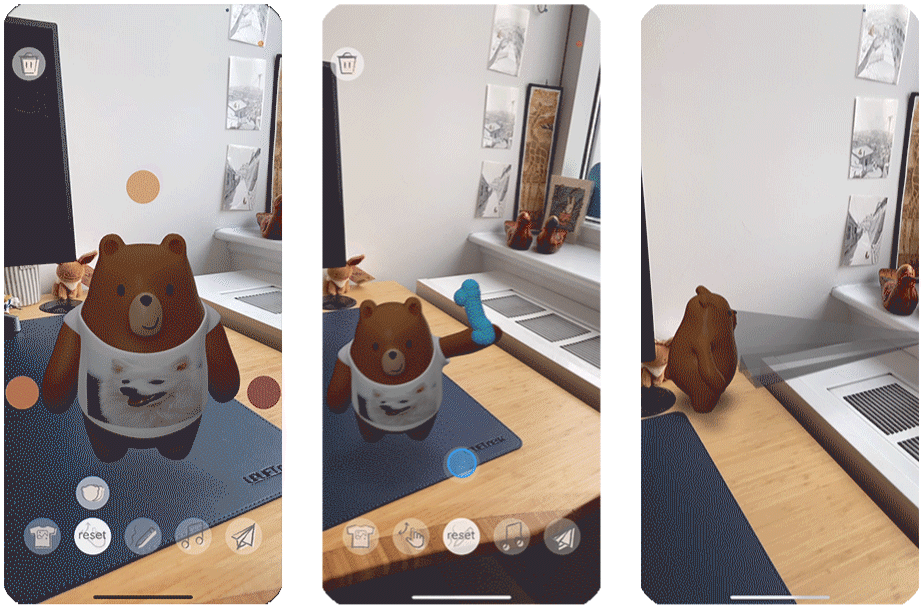
Auggie: Encouraging Effortful Communication through Handcrafted Digital Experiences
